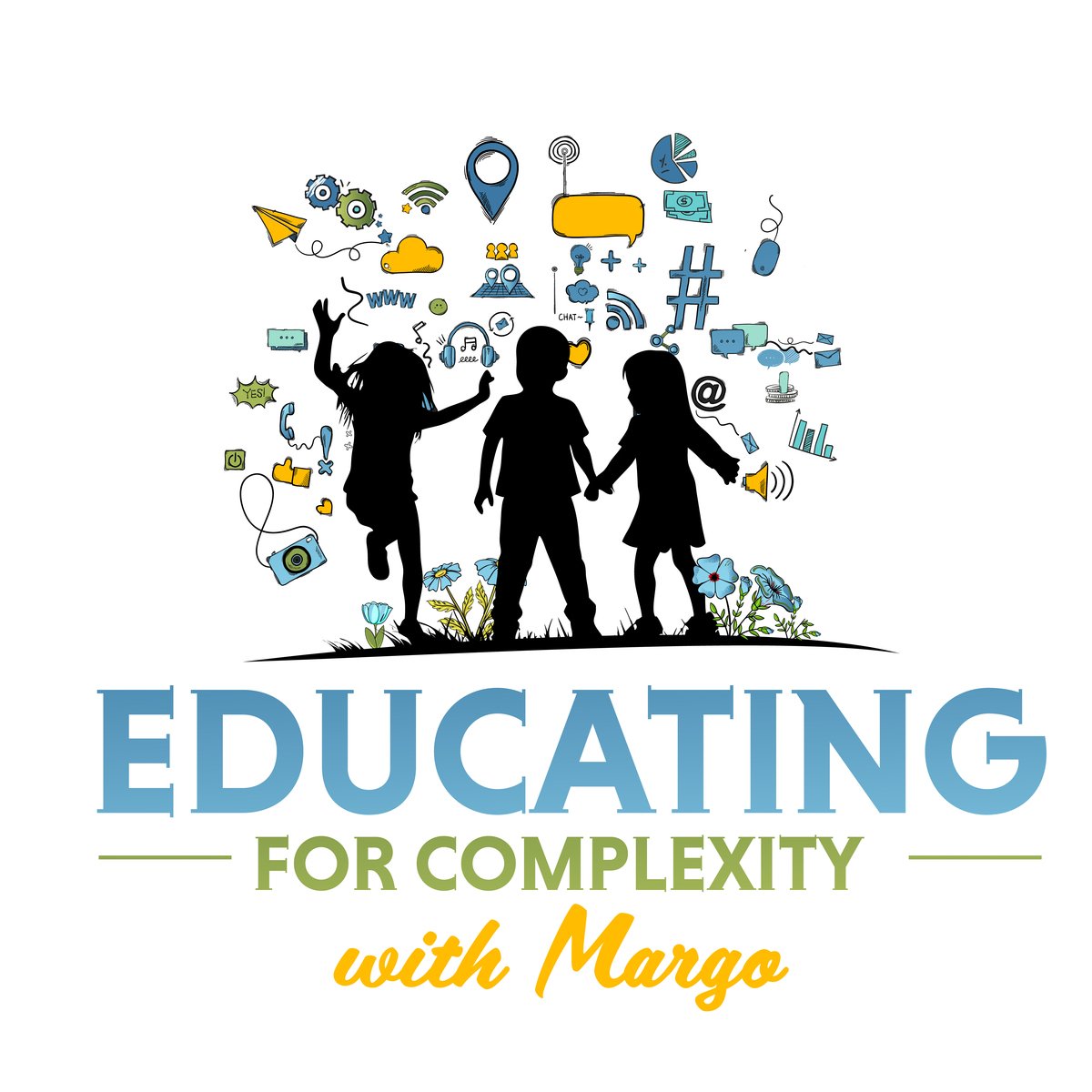Quantum Parenting: How to Prep Your Kids for Q-Day Chaos
Picture this: your kid spins around one day and asks, “Wait, passwords were a thing?” Welcome to Q-Day, the not-so-far-off moment when quantum computers flex their muscles and crack the encryption holding our digital world together. We’re talking bank accounts, medical records, government secrets—and yeah, your teen’s “super secret” group chats. Poof, gone.
A recent Wired article, “The Quantum Apocalypse Is Coming. Be Very Afraid,” painted this future with a sci-fi vibe, but let’s get real: quantum computing is no fairy tale. It’s zooming toward us, ready to flip digital security upside down. As a parent, you’re probably thinking, “What’s this got to do with my kid’s homework?” Everything, my friends.
This isn’t just about tech; it’s about raising kids who can surf the waves of a world where digital trust gets a quantum makeover. Let’s dive into how you can use Q-Day to spark big conversations and prep your kids for a wild future.
Complexity Is the Ultimate Teachable Moment
Remember my newsletter “Your Kid’s Future Job Doesn’t Exist Yet”? We chatted about prepping kids for a world where change is the only constant. Q-Day is the poster child for that. It’s not just about tech nerds geeking out—it’s a real-world lesson in how innovation outpaces ethics, policy, and sometimes even our wildest imaginations.
You don’t need to turn your kid into a quantum whiz (though, if they’re vibing with Schrödinger, high five!). It’s about teaching them to embrace ambiguity, spot patterns in the chaos, and ask killer questions like, “Who’s running this show, and what’s their angle?” That’s the kind of systems thinking that’ll make them unstoppable in any future.
Sayonara, Passwords. Hello, Digital Wild West
We’re already juggling password managers and face scans, but Q-Day takes it to another level. In my piece “Raising Kids in the Age of Digital Transparency,” we dug into how kids grow up with zero privacy. Q-Day cranks that up: what happens when nothing is secure?
This is your cue to ditch the “don’t post dumb stuff” lecture and get real with your kids. Talk about data ownership, who controls their info, and what digital citizenship means when encryption’s toast. Try these at the dinner table:
Who do you trust with your data?
What makes something “secure” anyway?
If privacy vanishes, how do we rebuild trust?
These aren’t just tech chats—they’re about ethics, critical thinking, and navigating a world where the rules are rewritten overnight.
Resilience Over Freaking Out
Q-Day isn’t a doomsday tunnel, we have to see—it’s a chance to build emotional resilience. In “Teaching Grit in a World of Instant Gratification,” we explored how kids need to handle discomfort and roll with the punches. Quantum disruptions like Q-Day aren’t just about tech failing; they’re about value systems shifting.
Encourage your kids to get curious about how tech works (and breaks). Push them to ask:
What problems could this create?
Who gets hit hardest?
How could we build something better?
These questions aren’t just for coders—they’re for future innovators, ethicists, and leaders who see chaos as a puzzle, not a panic attack.

